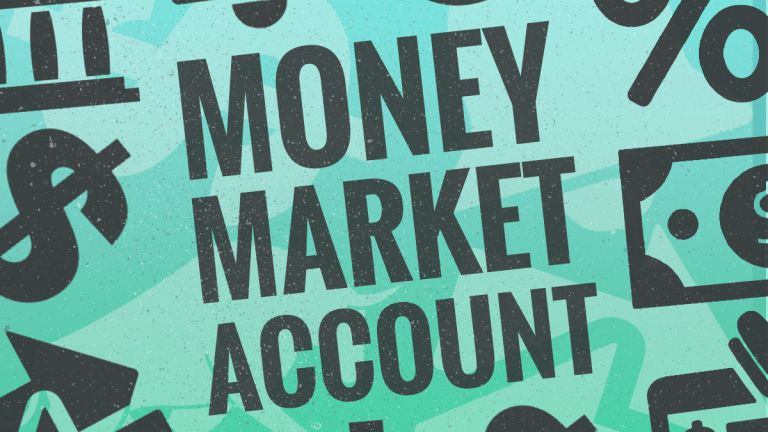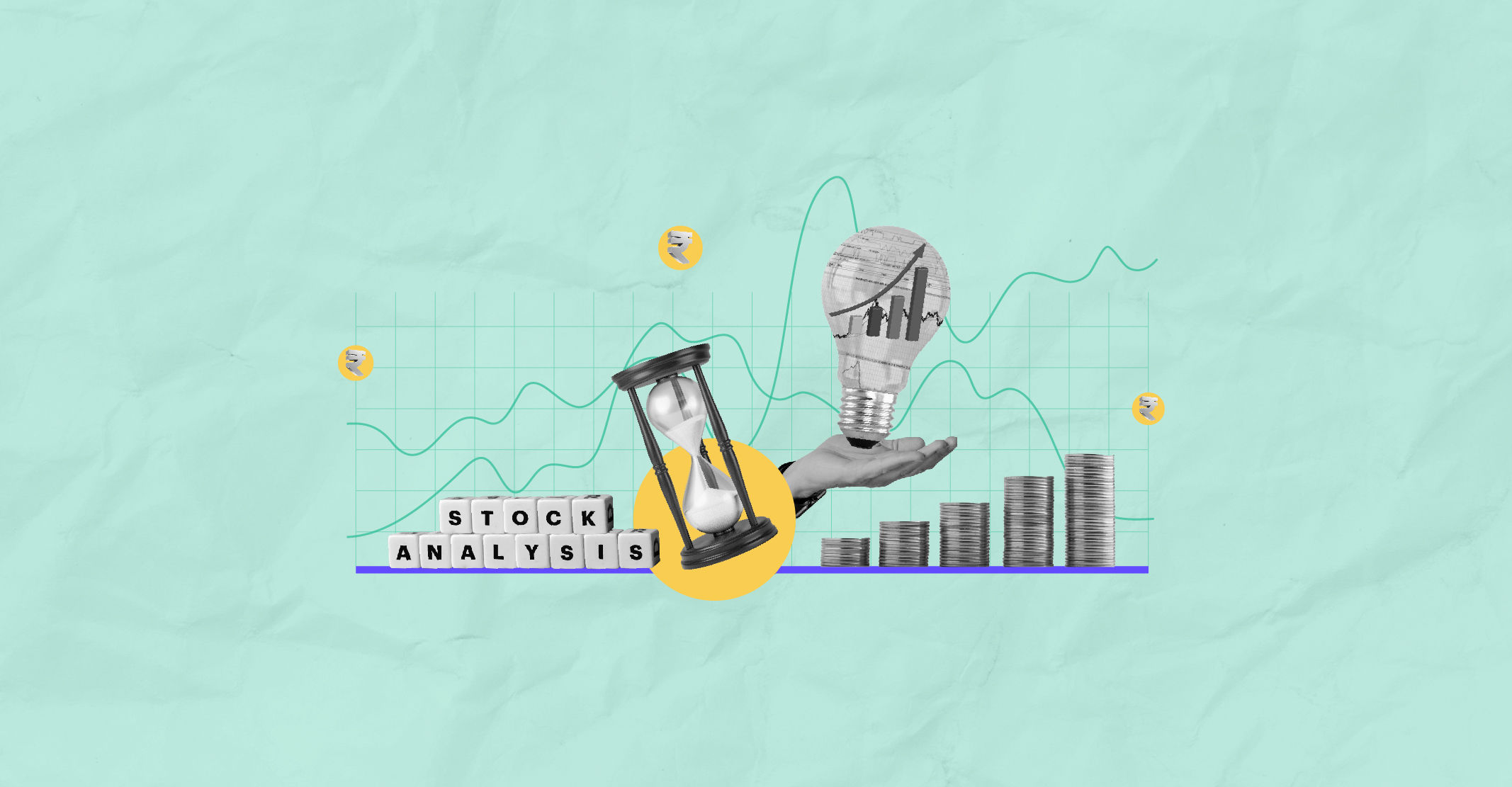How Do Money Market Accounts Work?
A money market account (MMA) is similar to checking and savings accounts. Learn how MMAs offer more-competitive interest rates than savings accounts.

A money market account (MMA) is neither a checking account nor a savings account, but it shares similarities with both. It allows the same withdrawals, transfers, and debit card transactions as a standard checking account, but typically offers higher interest rates than conventional savings accounts.
Learn more about money market accounts and how they operate.
KEY Points
- A money market account is neither a checking nor a savings account but has certain characteristics similar to both.
- Like regular checking accounts, money market accounts allow account holders to make withdrawals and transfers, and write checks. They may also allow debit-card transactions and online bill pay.
- Many MMAs offer unlimited ATM withdrawals, but place limits on other types of withdrawals and transfers.
- In general, MMAs offer higher interest rates than traditional savings accounts, but often require higher daily minimum balances.
- It is possible that the best high-yield savings account rates surpass the best money market account rates.
A Short History of Money Market Accounts
Banks created hybrid money market accounts (MMAs) to offer more competitive interest rates than those offered by traditional savings accounts. However, this does not come without a price. Typically, greater rates are accompanied by a higher minimum deposit requirement.
In many MMAs, the account must maintain a minimum daily balance (typically $1,000 or more) in order to earn the maximum interest rate. Numerous MMFs offer higher interest rates for higher savings levels.
In the 1980s, when interest rates reached double digits, MMAs became popular because they allowed investors to generate high, risk-free returns. Deposits for MMAs are frequently invested in higher-yielding instruments than savings accounts, such as certificates of deposit (CDs), government securities, and commercial paper.
Checking or Savings?
The definition of a money market account is frequently misunderstood. Neither a checking nor a savings account, a money market account (MMA) is neither. However, it does share some similarities with both of them. Typically, money market accounts offer greater yields than standard savings accounts.
They are able to offer a more attractive interest rate by imposing higher minimum balance requirements and by potentially limiting the number of withdrawals that can be made during a given time period.
Prior to April 24, 2020, the Federal Reserve's Regulation D limited MMA and savings account holders to a maximum of six monthly withdrawals or transfers.
A penalty may be assessed to a user's account if they make more than six withdrawals. This restriction has been lifted, but some banks continue to impose withdrawal limits and impose fees if you exceed the maximum number of transactions.
Similarities to Checking Accounts
MMAs are insured by the Federal Deposit Insurance Corporation (FDIC).They are provided by banks, credit unions, and other online and non-online financial institutions. There are several similarities between an MMA and a checking account.
Many money market accounts, for instance, offer debit cards and payments. This permits cardholders to make cash withdrawals and purchases at retail locations. If the financial institution offers online banking, customers can transfer funds and pay expenses in the same manner as with a checking account. In addition, many MMAs permit unlimited ATM withdrawals and bank branch debits. However, the quantity of other types of monthly withdrawals may be restricted.
Savings Element
While it has some features of a checking account, the primary function of an MMA is deposits. This means that the account balance generates interest at a rate that is typically higher than that of a conventional savings account.
Many MMAs offer tiered interest rates, with lower balances receiving a reduced rate and higher balances receiving a higher rate.
Institutions can rationalize a higher interest rate by imposing a minimum required balance. If your balance falls below this threshold, the bank may be able to reduce the exorbitant interest rate. Banks may also assess penalties for failing to maintain the minimum balance.
In general, MMAs offer higher interest rates than traditional savings accounts. However, when comparing the highest available rates, the situation often reverses. According to Moneypoise research, the best high-yield savings account rates typically surpass the top MMA rates.
Can You Lose Money in a Money Market Account?
Unless you deposit more than the federally insured quantity of $250,000 and the institution fails, you cannot lose money in your money market account. Federal Deposit Insurance Corporation (FDIC) and National Credit Union Administration (NCUA) insure money market accounts at banks and credit unions, respectively.
Is It Worth It To Put Money in a Money Market Account?
Whether it's worth putting money into a money market account depends on the requirements of each individual. A money market account may offer a higher interest rate than a standard savings account, allowing account holders to earn more on their deposits. The FDIC or NCUA protects money market accounts, which offer simpler access than traditional savings accounts and are also insured. Nevertheless, money market accounts typically have higher minimum balance requirements.
What Is the Difference Between a CD and a Money Market Account?
A money market account provides the advantages of both a checking account and a savings account: simple access to funds and a higher rate of interest on deposits. A certificate of deposit (CD), on the other hand, restricts the account holder's access to funds for a specified period of time.
Also read :- 7 Best ETF Trading Strategies for Beginners
The Bottom Line
Money market accounts are appropriate for those who can maintain a higher minimum balance than a traditional savings account in exchange for a higher interest rate on their savings. Money market accounts typically permit withdrawals and transfers, and may permit debit card transactions and online bill pay similar to traditional checking accounts. However, there may be restrictions on the frequency of withdrawals and transfers from a money market account.

















.jpg?updatedAt=1699725616001)




